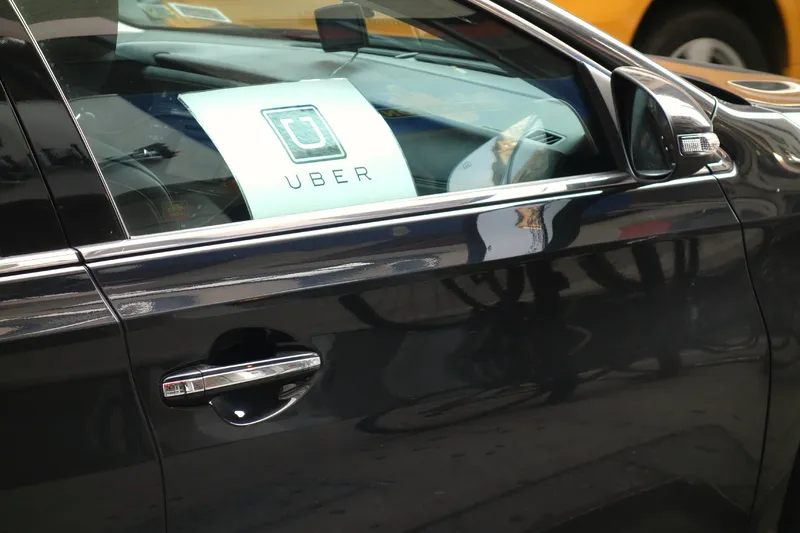
Uber Technologies is to invest $50 million in SK Telecom's (SKT) new subsidiary and $100m in a joint venture (JV) with the South Korean firm.
SKT plans to launch its T Map Mobility subsidiary this year by splitting off its mobility business unit, which is in charge of services including T Map and T Map Taxi.
SKT says T Map is a mobility platform with around 13 million monthly active users (MAU) in Korea while the T Map Taxi service has 750,000 MAUs.
As part of the deal, the JV is to promote ride-hailing by combining T Map Mobility's network of drivers and mapping technology with Uber's ride-hailing technology.
Uber's chief financial officer Nelson Chai says: “Through our strong partnership with SKT, we will expand access to ride-hailing services in the country and bring better service to riders and drivers.”
Additionally, T Map Mobility is to utilise SKT's 5G and artificial intelligence capabilities to offer route planning and air traffic control systems for vertical take-off and landing aircraft.
SKT CEO Park Jung-ho says: “We will turn customer’s time and money spent on mobility into time used for more valuable purposes and realise greater safety for all modes of transportation. To this end, we will work closely with companies with diverse capabilities to address current challenges in transportation, and ultimately usher in a new era of future mobility technologies such as flying cars.”










